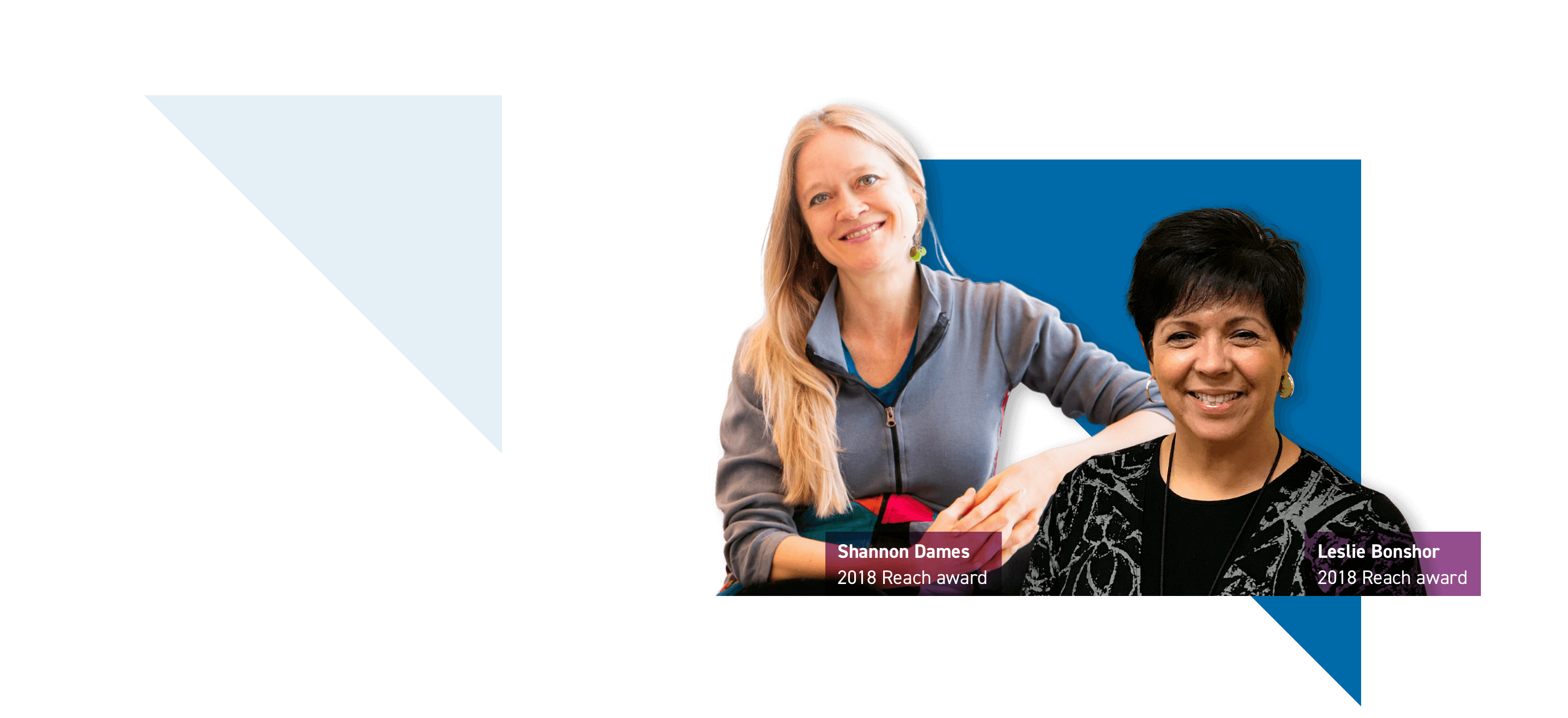What is knowledge translation?
Known by many names (e.g. knowledge mobilization, research to action, knowledge exchange), in health research, knowledge translation (KT) is ultimately about using health research to improve health. KT activities aim to close the gap between research and implementation by improving the use of research evidence in practice, policy and further research.
We work to give BC health researchers the tools they need to increase the impact of their research.
Why is knowledge translation important?
Knowledge translation plays an important role in maximizing the impact of health research. The benefits include:
- Health care decisions based on the best available evidence
- Cost-effective and accountable health care
- Identifying priorities and opportunities for further research
To learn more about KT and what activities make sense — and are doable — within the context of your research project/program, check out the resources in knowledge translation by research theme.
Click on one of the research themes to learn more
Knowledge translation at Michael Smith Health Research BC
Knowledge translation is an important element of all our programs. We work to advance the science and practice of KT and give BC health researchers the tools they need to increase the impact of their research.
Our activities include offering online resources and events, presenting at conferences and publishing peer-reviewed papers and book chapters that advance the field of KT.
KT is an important element of all Health Research BC funding programs — our goal is to help BC health researchers develop the skills they need to increase the impact of their research.
We offer specific KT funding programs, designed to foster collaboration and support the dissemination and implementation of research evidence:
-
Convening & Collaborating (C2) Program
2024 competition closed.
-
Reach Program
2024 competition closed.
2024 Convening & Collaborating (C2) and Reach competitions: Applications open with added priority areas
Michael Smith Health Research BC is pleased to open the 2024 Convening & Collaborating (C2) and Reach competitions today, with additional funding to address priority health challenges.
Read moreRead more Knowledge Translation news-
Responsiveness to government
Learn more -
Research on research use
Learn more -
KT Collaborative
Learn more



As part of Health Research BC’s KT activities, a range of KT learning opportunities are offered through online and in-person events. Check out our events:
KT Pathways: A digital assessment and learning tool
KT Pathways is for anyone who creates or uses research evidence. KT Pathways aims to help those who produce, apply and broker knowledge to build their knowledge translation skills to increase the use of evidence in practice, policy and further research.
Developed through a Health Research BC initiative, with support from academic and health system partners across BC, KT Pathways is designed to help you assess your current knowledge translation strengths and areas for development. It then provides tailored training materials and supports based on your results.
For beginners, KT Pathways can help you learn about all the different skills involved in knowledge translation. The assessment results will direct you to tools and resources specifically tailored for you.
For KT pros, KT Pathways will help further your growth in the field with tools and resources. It can help you identify areas for further professional development and increase your KT knowledge and skills.
In addition to assessing your KT skills, you can find a large library of resources on KT Pathways, including past KT Connects webinars, essential reads, tools and toolkits, and resources for using KT in grant writing.
Created in partnership
Many partner organizations have contributed to KT Pathways through funding and/or in-kind support, for example, to further validate the competencies and ensure that KT Pathways meets the diverse needs of stakeholders. Without the work of these partner organizations, including BC-based universities, health authorities, the BC Ministry of Health and the BC SUPPORT Unit, KT Pathways would not have been possible.
More information
-
Gayle Scarrow
Director, Knowledge Translation
kt@healthresearchbc.ca
no phone

